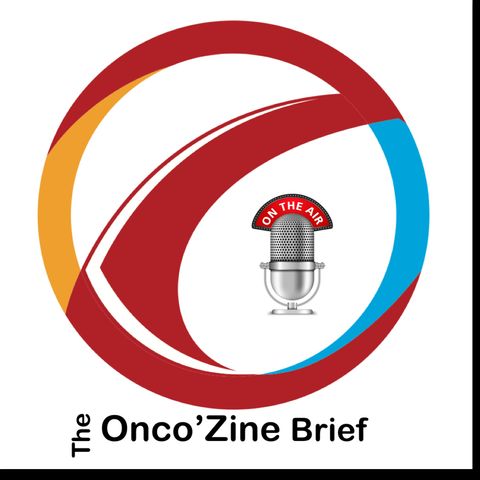Developing Novel Therapies for HER2-positive Advanced or Metastatic Breast Cancer Patients

Sign up for free
Listen to this episode and many more. Enjoy the best podcasts on Spreaker!
Download and listen anywhere
Download your favorite episodes and enjoy them, wherever you are! Sign up or log in now to access offline listening.
Description
Patients living with invasive breast cancer with high levels of HER3 may face a significantly worse prognosis and decreased survival. This represents a large unmet medical need. Overexpression of epidermal...
show moreOverexpression of epidermal growth factor receptors, also known as EGFR, such as HER2 and HER3, can play a role in cancer cell development, including breast cancer. Statistics show that one in five breast cancers overexpress HER2, which is associated with a more aggressive disease. And about 50 to 70% of breast cancer tumors have detectable levels of HER3.
Depending on several factors, including the biomarker classification, breast cancer is typically treated with various combinations of surgery, radiation, chemotherapy, hormone therapy or targeted therapy. But many HER2-positive tumors progress to the point where no currently approved HER2-targeting treatments can continue to control the disease. Furthermore, there is no HER2-targeting therapies approved for HER2-weak positive tumors and no approved HER3-targeting therapy options.
Historically, HER3 has represented a challenge for drug development due to this receptor's lack of tyrosine kinase activity. However, recent reports of HER-3 targeted drugs have shown promising results in a number of preclinical settings.
A better understanding of HER3 regulation has contributed to improve the potential strategies to therapeutically target HER3 for cancer treatment.
In this interview held during the 2017 annual meeting of the American Society of Clinical Oncology, or ASCO, which took place June 2nd to 5th in Chicago, Illinois, Peter Hofland and Sonia Portillo, the team behind The Onco'Zine Brief, sat down with Antoine Yver, MD., MSc, Executive Vice President and Global Head, Oncology Research and Development at Daiichi Sankyo to talk about Daiichi Sankyo novel antibody-drug conjugate, DS-8201, and how this investigational drug has demonstrated a favorable safety profile and promising antitumor activity.
The trial drug is currently being evaluated in an open-label two-part phase I dosing study in patients with advanced, unresectable or metastatic solid tumors that are refractory or intolerant to standard treatment, or for whom no standard treatment is available.
DS-8201 is being development for HER2-positive advanced or metastatic breast cancer and gastric cancer, HER2-low-expressing breast cancer and other HER2-expressing solid cancers. The primary objective of the so-called dose escalation phase of the study was to assess the safety and tolerability of DS-8201 and determine the maximum tolerated dose (MTD).
To date a total of 134 patients have been treated in both the dose escalation part of the study, which included 24 patients, and dose expansion part of the study, which included 110 patients.
Information
| Author | Peter Hofland |
| Organization | Peter Hofland |
| Website | - |
| Tags |
Copyright 2024 - Spreaker Inc. an iHeartMedia Company
